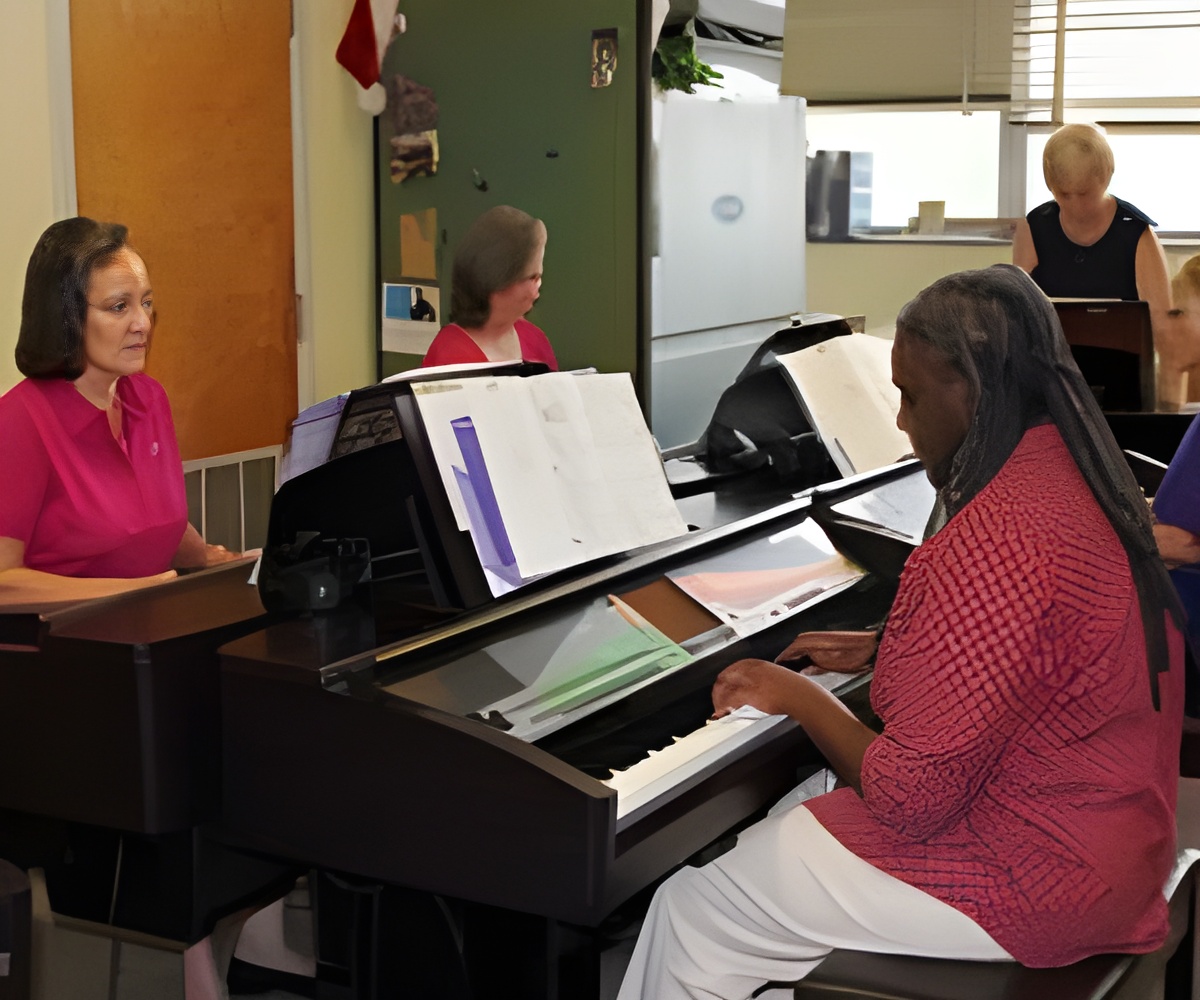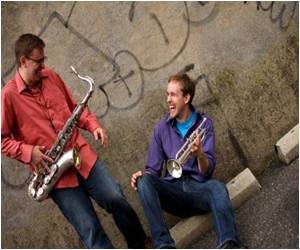
It would seem that, unless you die before you get old, your taste in music will probably change to meet social and psychological needs.
One theory put forward by researchers, based on the study, is that we come to music to experiment with identity and define ourselves, and then use it as a social vehicle to establish our group and find a mate, and later as a more solitary expression of our intellect, status and greater emotional understanding.
Researchers said that the study is the first to "comprehensively document" the ways people engage with music "from adolescence to middle age".
Using data gathered from more than a quarter of a million people over a ten year period, researchers divided musical genres into five broad, "empirically derived" categories they call the MUSIC model - mellow, unpretentious, sophisticated, intense, contemporary - and plotted the patterns of preference across age-groups.
These five categories incorporate multiple genres that share common musical and psychological traits - such as loudness and complexity.
Advertisement
The study found that, unsurprisingly, the first great musical age is adolescence - defined by a short, sharp burst of 'intense' and the start of a steady climb of 'contemporary'.
Advertisement
"Teenage years are often dominated by the need to establish identity, and music is a cheap, effective way to do this," Dr Jason Rentfrow, senior researcher on the study, said.
"Adolescents' quest for independence often takes the shape of a juxtaposed stance to the perceived 'status quo', that of parents and the establishment. 'Intense' music, seen as aggressive, tense and characterised by loud, distorted sounds has the rebellious connotations that allow adolescents to stake a claim for the autonomy that is one of this period's key 'life challenges'," he said.
As 'intense' gives way to the rising tide of 'contemporary' and introduction of 'mellow' - such as electronic and R and B - in early adulthood, the next musical age emerges. These two "preference dimensions" are considered "romantic, emotionally positive and danceable," the researchers wrote.
"Once people overcome the need for autonomy, the next 'life challenge' concerns finding love and being loved - people who appreciate this 'you' that has emerged," Rentfrow said.
"What we took away from the results is that these forms of music reinforce the desire for intimacy and complement settings where people come together with the goal of establishing close relationships - parties, bars, clubs and so on.
"Whereas the first musical age is about asserting independence, the next appears to be more about gaining acceptance from others," he added.
As we settle down and middle age begins to creep in, the last musical age, as identified by the researchers, is dominated by 'sophisticated' - such as jazz and classical - and 'unpretentious' - such as country, folk and blues.
Researchers write that both these dimensions are seen as "positive and relaxing" - with 'sophisticated' indicating the complex aesthetic of high culture that could be linked to social status and perceived intellect, while 'unpretentious' echoes sentiments of family, love and loss - emotionally direct music that speaks to the experiences most will have had by this life stage.
The study is published in the Journal of Personality and Social Psychology.
Source-ANI









